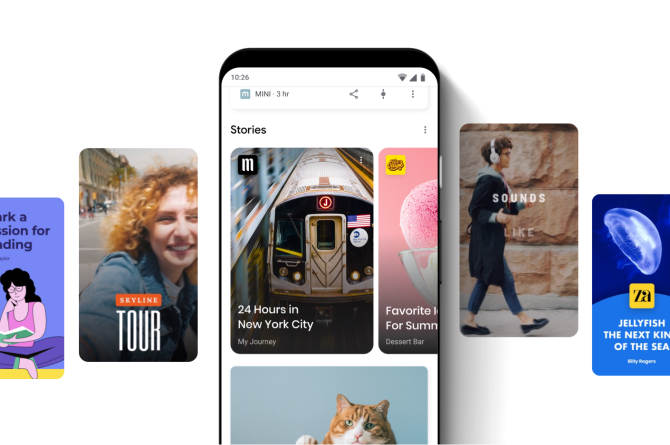When it comes to craft beer, the answer would seem to be a resounding yes. In August 2013, Time Magazine wrote that the US Brewers Association has stringent criteria that define a craft beer, and acquisition by a big brewer compromises many of them1.
In New Zealand, much loved craft beers like Monteith’s, Mac’s and Tuatara have been acquired by large brewing companies. A blind tasting2 comparing these brands with beers produced by genuine microbreweries, conducted by Dominic Kelly of Wellington cult beer bar Hashigo Zake, had predictably disappointing results.
The aggressive acquisition of craft beer brands by big liquor has coined the scathing term, faux craft. But does anybody care? ANZ Bank reported in 2015 that: “Craft beer is New Zealand’s fastest growing category of beer, our research suggests off premise retail sales are up 42% in the last 12 months, now accounting for 13% of total beer sales”3.
We thought we’d Look at a couple of examples where reality doesn’t entirely gel with the brand.
100% Pure?
The 100% Pure New Zealand brand was launched in 1999. In 2009 Tourism NZ celebrated 10 years of successful marketing under the banner of 100% Pure. Chief Executive George Hickton wrote: “I believe the reason that 100% Pure New Zealand has been so successful is not just because it’s a great catch phrase, but because it is true.”4
Since then the 100% Pure New Zealand brand has been repeatedly criticised by New Zealanders and the international press for its lack of authenticity, citing New Zealand’s declining environmental record5, and accusing Tourism New Zealand of greenwashing. In 2013 TNZ corporate affairs general manager Chris Roberts stated that the campaign remained “the envy of every national tourism organisation in the world. A couple of times every year someone has questioned … whether the gloss may be coming off 100% Pure.” He then went on to state that 100% Pure is a tourism campaign and not a “brand for New Zealand”, and that the campaign continues to “resonate with the people who matter to us—those who are thinking about travel to New Zealand.”6
Kiwi As ...
However, the question remains, the 100% Pure positioning is undoubtedly evocative, but is it really an authentic, sustainable platform for promotion for New Zealand in this time? L&P is another example of a New Zealand brand that no longer feels authentic. Originally a small-town success story from Paeroa in the North Island, L&P is a lemon-flavoured soda marketed under the tagline, ‘World Famous in New Zealand’ and promoted with engaging campaigns that invoke the glories of kitsch Kiwiana (Stubbies anyone?) which is all kinds of awesome, apart from one tiny detail: L&P is now manufactured by multi-national Coca-Cola. Kiwi as, right?
Digital Democracy
There’s a wind of change blowing in the form of digital democracy. Brands can’t control their reputation anymore. The power has shifted. The proliferation of review sites, social channels and bloggers mean that if your business gets it wrong, people will let the world know. Add to this an over-exposure to advertising, the cynicism of Gen X and the much vaunted millennial desire for authenticity, and you have one hell of a powerful bullshit filter. It will become increasingly difficult for businesses to greenwash, obfuscate, or pretend to hold values they do not practice. Welcome to the keep-it-really real school of marketing.








